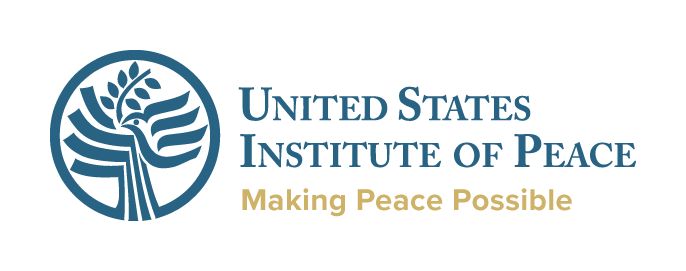Nicholas Allen | August 3, 2020

A message from Allison Sturma, Program Officer in Public Education at the USIP:
In light of the increased interest in resources and training to help today’s peacebuilders transform violent conflicts in their communities and to assist people who are seeking nonviolent change around the world, the U.S. Institute of Peace is offering its entire catalog of online courses tuition-free from now until the end of 2020.
Congress founded the Institute to strengthen America’s ability to reduce costly armed conflicts abroad—and its education and training programs are a core method by which USIP pursues that mission. Over its 35 years, the Institute has trained tens of thousands of peacebuilders from 198 countries and territories in the skills needed to prevent or reduce violence. The Institute’s trainees have included U.S. and foreign diplomats and military personnel, police officers, government officials, conflict resolution practitioners, students—and ordinary citizens working to build sustainable peace in their communities.
USIP has built its Global Campus—an online training center with 33 courses in basic conflict resolution skills and peacebuilding tools—to help policymakers, practitioners and people working to build peace internationally or in their own communities. The online training includes introductory micro-courses that require at most three hours of study and full-length courses that may require 10 to 20 hours to complete. Online trainees receive a certificate of completion.
USIP’s online training can help professionals already working in peacebuilding roles—and those seeking to start or build their careers in that direction.
Explore the Global Campus offerings, which are now all FREE through 2020, and, if you have any questions about the curriculum or signing up, please reach out to academy@usip.org.
If you’d like to learn more about global peacebuilding and earn CEUs in the process, click here to view our Remote Learning Modules, which cover a variety of subjects and global resources, including a module which utilizes USIP resources.
